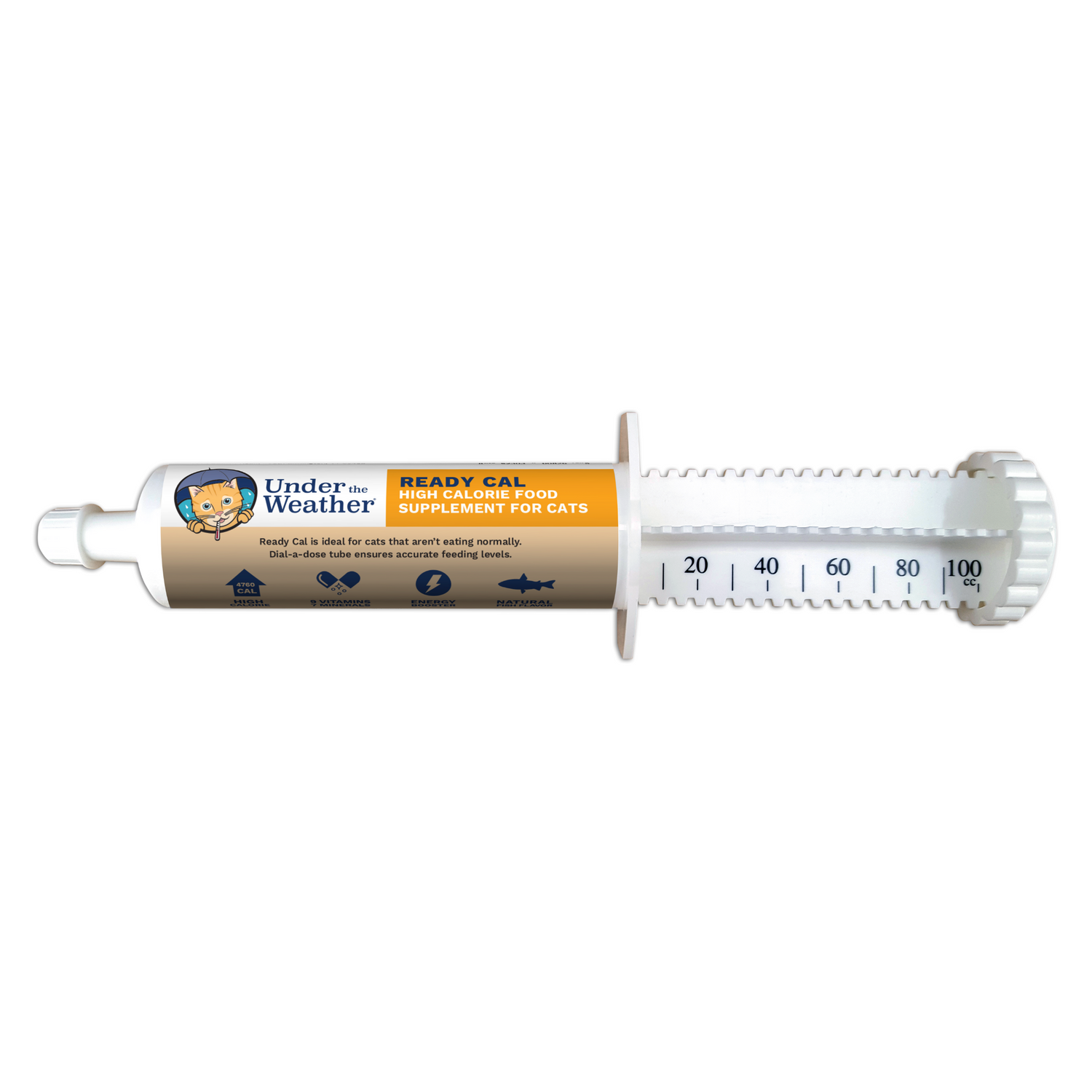Dogs are happy over just about everything – you coming home, the squirrel in the yard, each meal like it is a totally new recipe, sleeping next to you in bed. They just exude happiness and joy, which is uplifting and contagious.
Yet, despite their seemingly unending state of bliss, dogs aren’t immune to the struggles associated with mental illness. As awareness is raised about mental illness in humans, it’s becoming more apparent that dogs are susceptible to mental health disorders ranging from depression to anxiety. Research is showing that biochemical imbalances in dogs can also be responsible for neurological and behavioral problems.
Mental Illness in Dogs
Mental illness can refer to a wide range of disorders that affect the mood, thinking and behavior. Some dogs may exhibit nervous, fearful and obsessive-compulsive behavior. The majority of mental health issues fall into one of these four categories:
- Anxiety: Many dogs turn to a bundle of nerves in the car, during a thunderstorm or upon entering the vet’s office.
- Depression: Depressed dogs lose interest in the things they normally love like playing or food. They may also hang their head, carry their tail and ears low or lose the pep in their step.
- Neurological Disease: Research has shown that dogs suffer from Obsessive-Compulsive Disorder (OCD) as well as Alzheimer’s Disease.
- Trauma: Dogs who were cruelly treated may have mental scarring that results in their inability to develop loving relationships or other behavioral flaws.
Dealing with Anxiety
Dogs can show many signs of anxiety ranging from aggression and disobedience to trembling and restlessness. Anxiety could be brought on by separation from family, boredom, fear of loud noises or other dogs, changes in daily routine or loss of a family member or pet. If you think your dog is suffering from anxiety, start by observing his daily life for signs of stress and keep them in a log. Share them with your vet, who will also want to do an examination to rule out any health issues.
Coping with Depression
If you’ve ever walked through an animal shelter full of pups with pained expressions, you’ve witnessed what depression looks like in dogs. Other less severe signs of depression can range from lack of energy to loss of appetite to disinterest in playtime. It may be necessary to consult your vet for an evaluation. However, some animal behaviorists speculate that dogs tend to mirror their owner’s mood, so start by bolstering your mood and see if your dog follows suit.
Caring for an Abused Dog
Dogs that have been abused show signs of mistrust, social withdrawal, physical inactivity and depression. Abuse and neglect can result in serious mental and physical ramifications, and the behavioral defects they develop can threaten their life. When working with an abused dog:
- Make your dog feel needed and loved, but go slow
- Let your dog get used to his new home and family members at his own pace
- Protect your dog from the things he fears
- Build your dog’s confidence by rewarding him for tasks he can easily complete
- Talk to your dog and establish clear communication with him
- Provide a healthy diet and adequate exercise
- Give him a safe place to go when he needs to get away
Related: Working with Scared Dogs
Providing Mental Stimulation
We all need a pick-me-up from time to time, and your dog is no exception. As with humans, our mental well-being is a product of the combination of love, attention, exercise and social interactions. Your dog can be occupied with food-filled rubber toys or chew ropes for a while, but there is no substitute for one-on-one play time with you. Make sure you fit some play time in to your busy schedule each day!
Be mindful of any changes in your dog’s mood and level of happiness, and take the steps necessary to get your dog the care he needs if you start seeing signs of decline in his mental health.
This blog is brought to you by Under the Weather®, provider of Calming soft chews. Used during times of stress and anxiety, such as car travel or thunderstorms, our soft chews support relaxation and normal emotional balance. Ginger is added to settle the stomach. No corn or artificial flavors. Check them out!
View Our Products
Visit Our Blog Library






